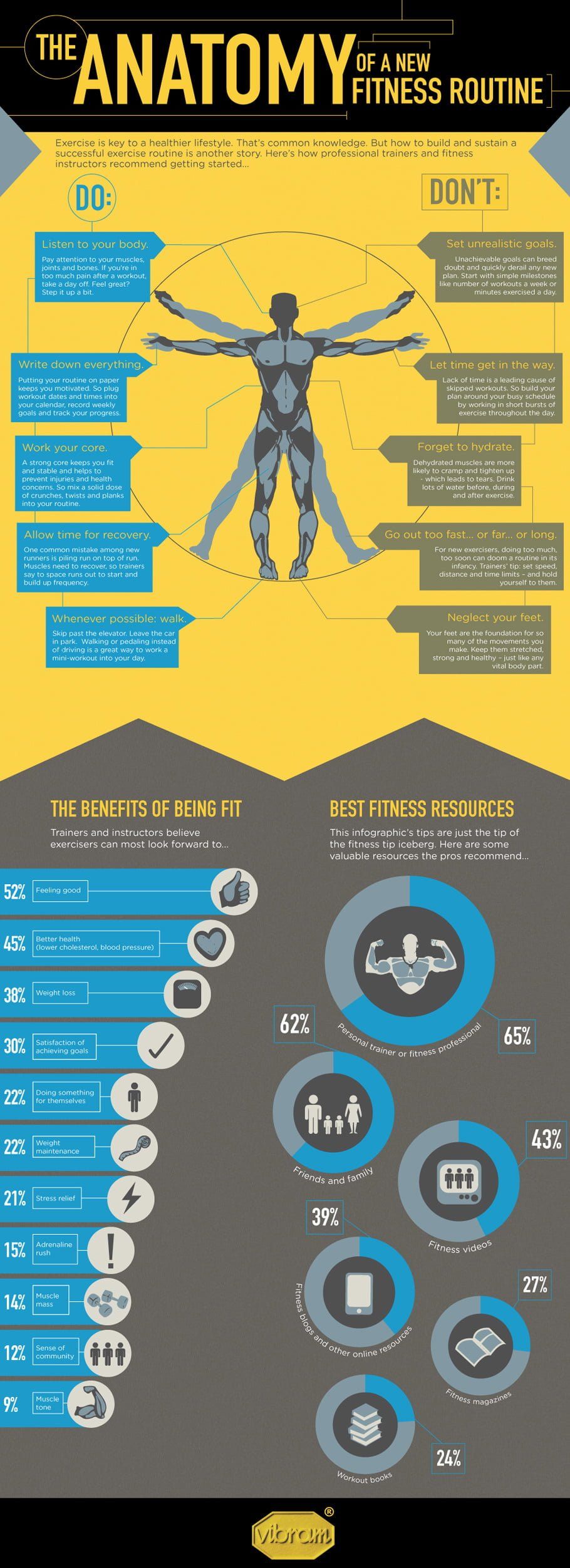How much we’re able to voluntarily activate the muscles is dependent upon will power and motivation or physical condition as well as the degree of muscle fatigue. The latter in particular contributes to measurable and noticeable impairments in performance. Muscle fatigue research has for a long time largely been limited to changes in the muscle itself. Researchers have now discovered neuronal processes which are responsible for muscle activity reduction at the time of muscle fatiguing activity.
The researchers initially demonstrated that muscle nerve impulses inhibit the primary motoric area at the time of tiring and strenuous exercise. This was proved by measuring repeated thigh contractions in individuals until the force needed couldn’t be attained any longer. When the exact same exercise was performed while the muscle to the primary motoric region response was interrupted under spinal anesthesia, the corresponding processes of fatigue related inhibition were considerably weaker compared to when the muscle information was uninterrupted.[1]
In a separate study, the researchers then made use of functional magnetic resonance imaging to localize the brain areas which show increased activity just before the interruption of tiring and strenuous activity, namely the insular cortex and the thalamus, both regions which analyze information which indicate a threat to the body, like hunger or pain.[2]
In yet another study, it was revealed that the inhibitory affects on motoric activity are in fact mediated by way of the insular cortex. The researchers used a bicycle ergometer to determine that as the fatigue progressed, the insular cortex to the primary motoric region communication became more intense. This can be considered as proof that the neuronal system informs the brain, as well as having a regulatory effect on motoric activity.[3]
According to this research, not only will it be possible to develop ways to improve muscular performance, but also explore causes of decreased muscular performance in a variety of diseases. Lengthy periods of decreased physical performance are a symptom which is often seen in everyday clinical practice.
